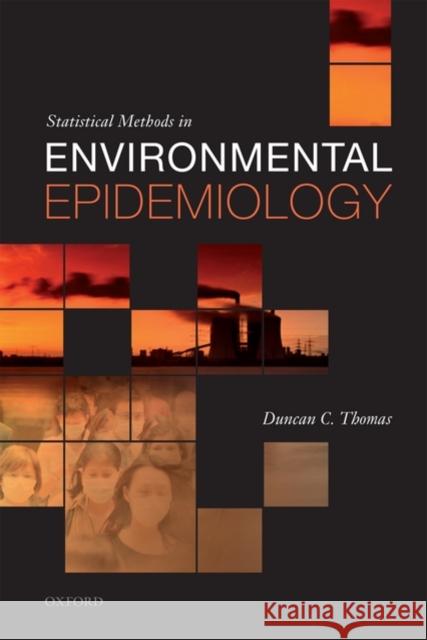Statistical Methods in Environmental Epidemiology » książka
Statistical Methods in Environmental Epidemiology
ISBN-13: 9780199232895 / Angielski / Twarda / 2009 / 352 str.
Environmental epidemiology is the study of the environmental causes of disease in populations and how these risks vary in relation to intensity and duration of exposure and other factors like genetic susceptibility. As such, it is the basic science upon which governmental safety standards and compensation policies for environmental and occupational exposure are based. Profusely illustrated with examples from the epidemiologic literature on ionizing radiation and air ollution, this text provides a systematic treatment of the statistical challenges that arise in environmental health studies and the use of epidemiologic data in formulating public policy, at a level suitable for graduate students and epidemiologic researchers.
After a general overview of study design and statistical methods for epidemiology generally, the book goes on to address the problems that are unique to environmental health studies, special-purpose designs like two-phase case-control studies and countermatching, statistical methods for modeling exposure-time-response relationships, longitudinal and time-series studies, spatial and ecologic methods, exposure measurement error, interactions, and mechanistic models. It also discusses studies aimed at evaluating the public health benefits of interventions to improve the environment, the use of epidemiologic data to establish environmental safety standards and compensation policy, and concludes with emerging problems in reproductive epidemiology, natural and man-made disasters like global warming, and the global burden of environmentally caused disease. No other book provides such a broad perspective on the methodological challenges in this field at a level accessible to both epidemiologists and statisticians.











